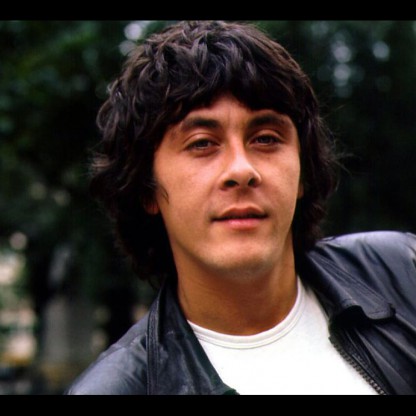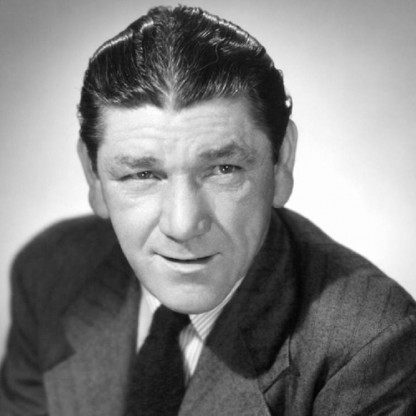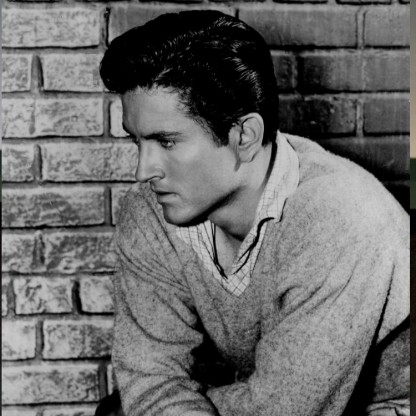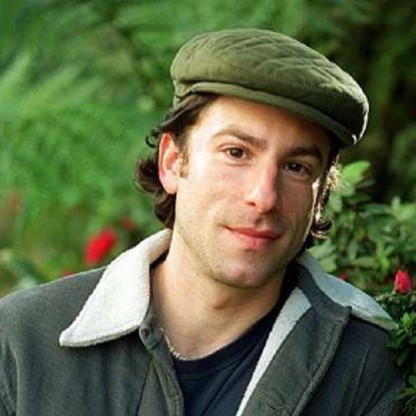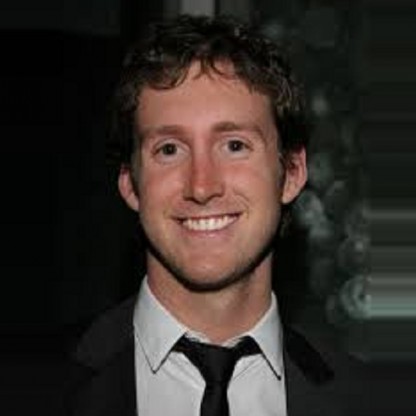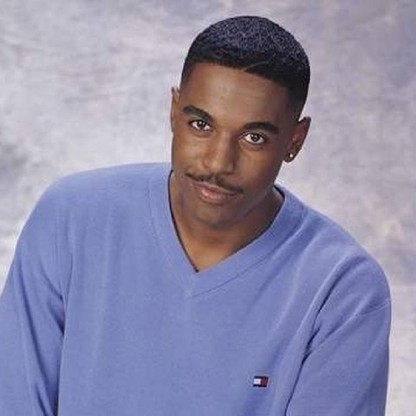After a few stabs at entry-level office work and jobs suitable for adolescents, Julius took to the stage as a boy singer with the Gene Leroy Trio, debuting at the Ramona Theatre in Grand Rapids, MI on July 16, 1905. Marx reputedly claimed that he was "hopelessly average" as a vaudevillian, but this was typical Marx, wisecracking in his true form. By 1909 Minnie Marx had assembled her sons into an undistinguished vaudeville singing group billed as "The Four Nightingales". The brothers Julius, Milton (Gummo Marx) and Arthur (originally Adolph, from 1911 Harpo Marx) and another boy singer, Lou Levy, traveled the U.S. vaudeville circuits to little fanfare. After exhausting their prospects in the East the family moved to La Grange, Illinois, to play the Midwest.
